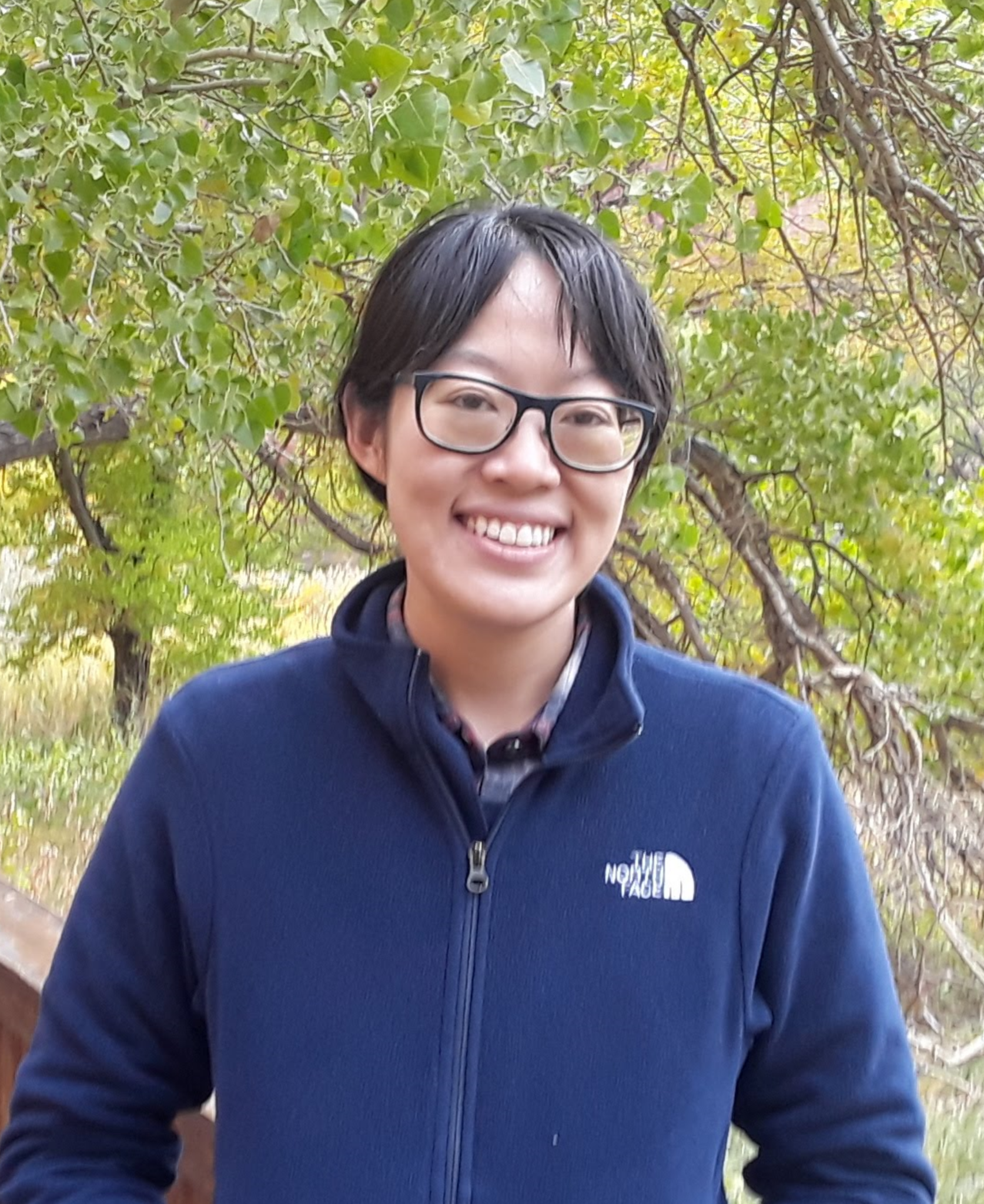Diana Qiu ’11 wins Packard Fellowship in science and engineering
Qiu, an assistant professor at Yale, is one of 20 researchers across the country chosen for the prestigious Packard Fellowship award in 2021.

Anjali Mangla, Contributing Photographer
Diana Qiu ’11, assistant professor of mechanical engineering and materials science, has been awarded the Packard Fellowship in Science and Engineering for her work studying the absorption of light by matter and first principles calculations in quantum mechanics.
The fellowship, awarded by the David and Lucile Packard Foundation, provides funding for promising early-career scientists. Each year, 50 universities in the U.S. are invited to nominate two early-career professors for the fellowship, and this year, 20 individuals across the U.S. were chosen as winners. Recipients of the fellowship are awarded a $875,000 grant over the course of five years to fund their research.
“I think I really enjoy this type of research because in one sense, it’s very accessible,” Qiu said. “It’s very easy to have this mental picture of a material absorbing light. We all have a good intuitive sense of what is absorption, what is reflection, what is transmission and then the idea that these macroscopic properties of the material can be understood just from the fundamental quantum mechanical interactions at the microscopic level is very exciting to me.”
Qiu’s background is in condensed matter theory. After graduating in 2011, she earned a doctoral degree at UC Berkeley and a postdoctoral degree at the Lawrence Berkeley National Laboratory before returning to Yale as an assistant professor in January 2020.
As a computational material scientist, Qiu studies the different ways in which materials absorb light with first principles calculations, which are based on an understanding of quantum mechanics. Her work as a theorist also provides the opportunity to formulate new methodologies to study materials and predict their properties.
“I was involved in recruiting Professor Diana Qiu, and I remember all of the faculty members and people who attended her job talk being very impressed with her,” said Judy Cha, the Carol and Douglas Melamed Associate Professor of Mechanical Engineering and Materials Science. “She was able to explain complex concepts simply so that faculty members who were not in her field could understand and appreciate what she does. That is a special talent, and [she is] a great scientist. She is going to be a great educator.”
When light interacts with a material, an electron absorbs a photon, which provides the electron with enough energy to be excited to a higher energy level. This leaves behind a positively charged “hole” in the state it inhabited previously. When the negatively charged electron interacts with this hole, it produces a particle called an exciton.
Excitons are a principal focus of Qiu’s research, specifically their behaviors after reaching the excited state and the process of determining the lifetimes of these excitations. Understanding the answers to these questions could provide applications to fields such as photovoltaics or optoelectronics.
“The problem, as far as I understand, is the time scale because simulations are usually femtoseconds, but in order to go with the excitons, you have to cover a wide range of lifetimes and so these challenges are what she is trying to address,” said Udo Schwarz, Department Chair of Mechanical Engineering and Materials Science. “It is somehow really outstanding how she really wants to address this completely … developing her own approaches that are needed to do that, and that really has the potential to come up with completely new insights.”
Qiu is particularly excited about the fellowship because it allows her to further expand her research group. Her group includes two postdocs, one graduate student, and two undergraduate students who work with her on projects relating to excitons, energy and materials.
Qiu’s colleagues believe that the fellowship is well-deserved, citing her dedication and the high quality of her work. According to Schwarz, Qiu has authored several papers that have earned her the respect and high regard of her peers.
“I was so happy for her because she’s one of our really promising junior faculty members,” Schwarz said.
Cha, who worked with Qiu on several projects within the department, values Qiu’s insight as a theorist — particularly in the context of designing new materials by predicting their properties.
She was eager to collaborate with Qiu on these projects and said Yale is very lucky to have recruited her.
“It’s a great honor and distinction, not only for her but also for Yale University and for the School of Engineering and the department as well,” Cha said. “I was ecstatic to find out [about the fellowship], and it only solidifies my belief that she is already great and will be great.”
Qiu was in Ezra Stiles College as an undergraduate student.







